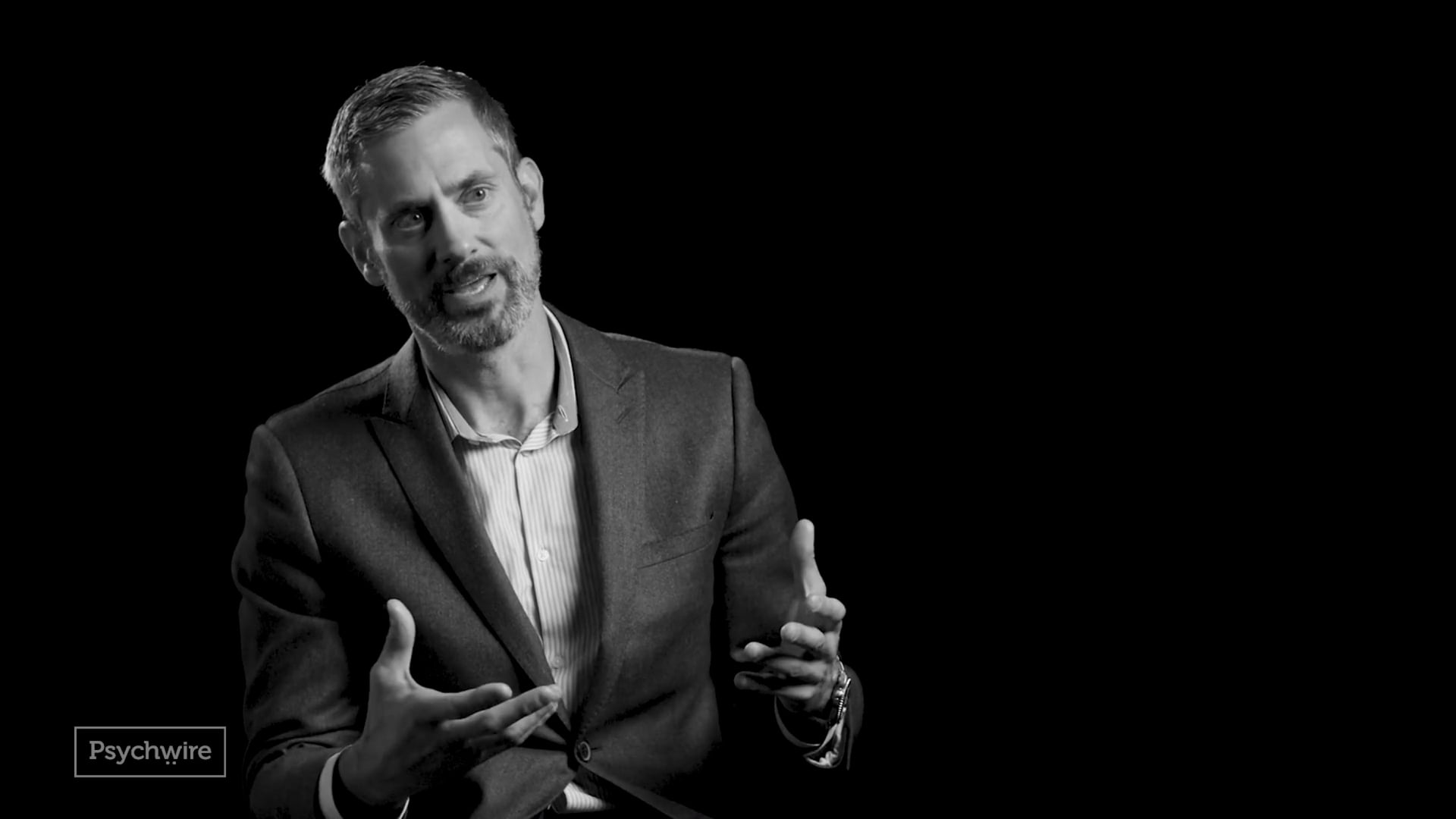
Understanding Emotions
Anotional perfectionism is a belief that somehow you should only have positive emotions you should feel good, and that your emotions should always make sense, that you should only feel one way. You should not have conflicting emotions. So this kind of perfectionistic belief about emotion leads people to feel very concerned if they have unpleasant emotions, It's like black and white thinking, you know, good emotions, bad emotions. Cycle education about emotions is important for I would say any client. It can dispel a lot of beliefs that clients may have about their emotions that anxiety is always bad or that sadness is terrible, and it helps give some perspective about why the person is feeling the way that they're feeling.
We live in a society where there are so many negative messages about emotions, about being emotional. We typically describe somebody as being emotional in pejorative way. We really are indoctrinated into this idea that we should be suppressing emotion, particularly negative emotion. And when I say negative emotion, I just mean emotions that feel aversive or uncomfortable in the moment because no emotion truly is negative.
They're all adaptive and functional, but some emotions, of course, experientially, are more uncomfortable or more aversive than others. If we'd tell people The goal in therapy is to always be happy, never worry, never have feelings of jealousy or anger, we're gonna fail every time. But if we tell them life is gonna be difficult, but I'm gonna try to give you some tools handle it. That sounds like reality to me. We have emotions for a reason.
If people can connect with that, it starts to change how they think about their emotions and how ultimately they will relate to their emotions. That's the fundamental component of the UP is that these emotions individuals struggle with become maladaptive, and that's why they become distressing or problematic. Better understanding emotions allows a client to apply those future skills, whether it's cognitive flexibility, reducing emotional behaviors and engaging in all alternative actions or directly going into a situation that may be very anxiety provoking. Really, what we wanna do is recalibrate your experience of emotion So you're getting the information, the emotion is signaling to you, and you're using that to make decisions.
It's really starting to help people to see their emotions differently to break them down into three core components to notice sort of what triggers their emotional experience and also how they were respond to their emotions and the consequences of those behaviors.